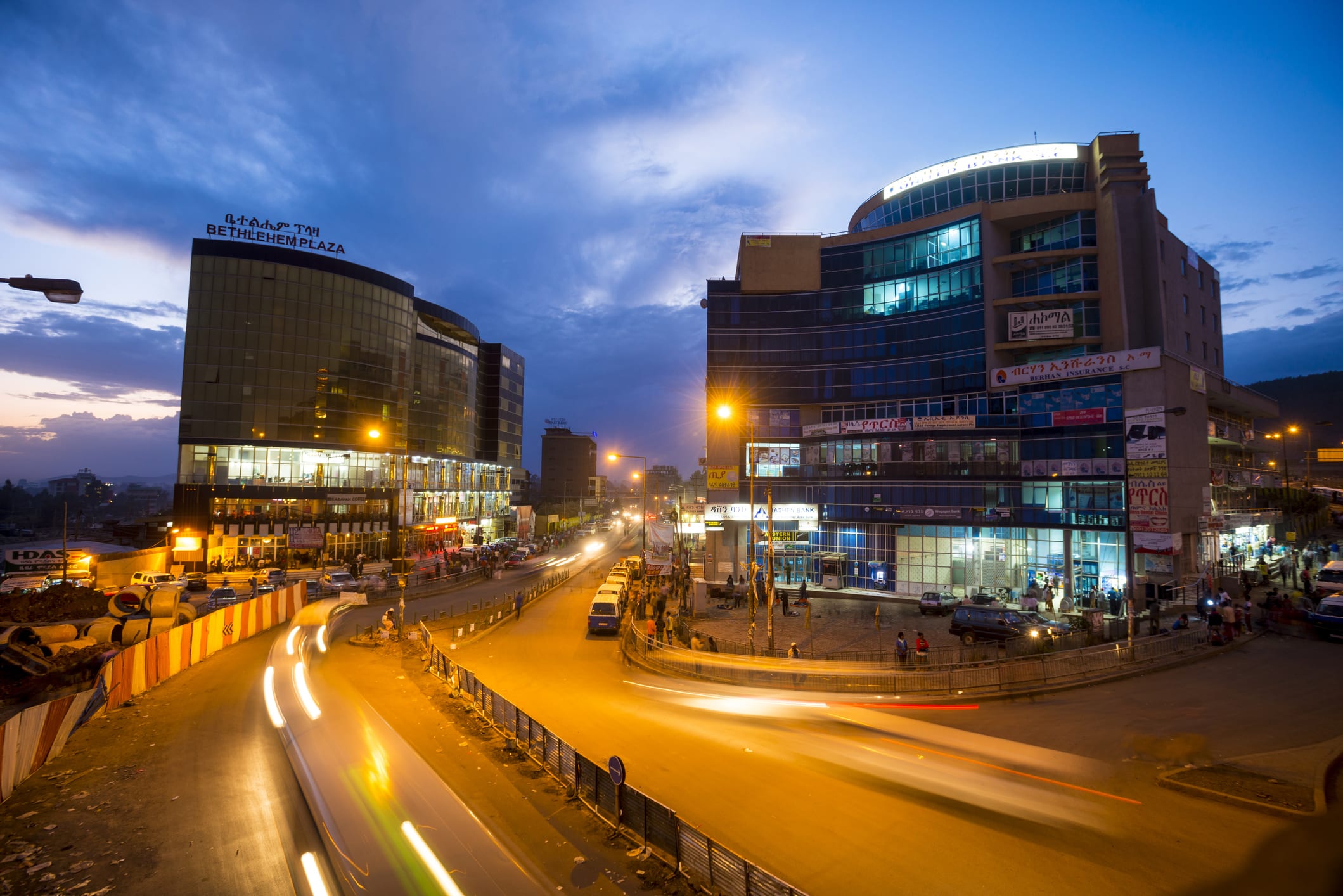In April, the Ethiopian Securities Exchange (ESX) established last October, concluded its capital-raising exercise, achieving more than double the funds needed to commence operations.
The Ethiopian Securities Exchange (ESX) will officially launch operations in October, according to CEO Tilahun Kassahun.
Kassahun recently disclosed this to the country’s news agency, noting that the necessary human resources and technology infrastructure are now in place.
This development follows the Ethiopian Capital Market Authority’s (ECMA) announcement last month regarding the issuance of a directive that will enable the licensing of the country’s first securities exchange.
As Africa’s second-most populous nation with around 126.5 million people, Ethiopia has sustained economic expansion over the past 15 years, with an average annual GDP growth rate approaching 10%.
Loading...
The initiative, which began last November, included roadshows in Addis Ababa, Nairobi, and London. The exchange has secured ETB 1.51 billion ($26.6 million), far exceeding its initial target of ETB 631 million ($11.07 million).
A total of 48 domestic and foreign institutional investors, spanning both financial and non-financial sectors, participated in this funding round.
“We are thrilled to have exceeded all our expectations in terms of the capital raise and are excited by the overwhelming confidence shown by investors in the long-term prospects of both ESX and Ethiopia’s capital markets more broadly,” Kassahun was quoted as saying in a statement after the closure of the capital-raising exercise.
Through a public-private partnership, the ESX has the Ethiopian Investment Holdings (EIH) as its founding shareholder, representing the government’s interests.
The exchange’s ownership structure mandates that up to 25% of the shares be held publicly, while the remaining 75% is reserved for private investors. As of April, key investors included entities such as FSD Africa, the Trade and Development Bank Group (TDB), and the Nigerian Exchange Group Plc (NGX Group). Also, 16 domestic private commercial banks, 12 private insurance companies, and 17 other private domestic investors have also invested in the exchange
Loading...
